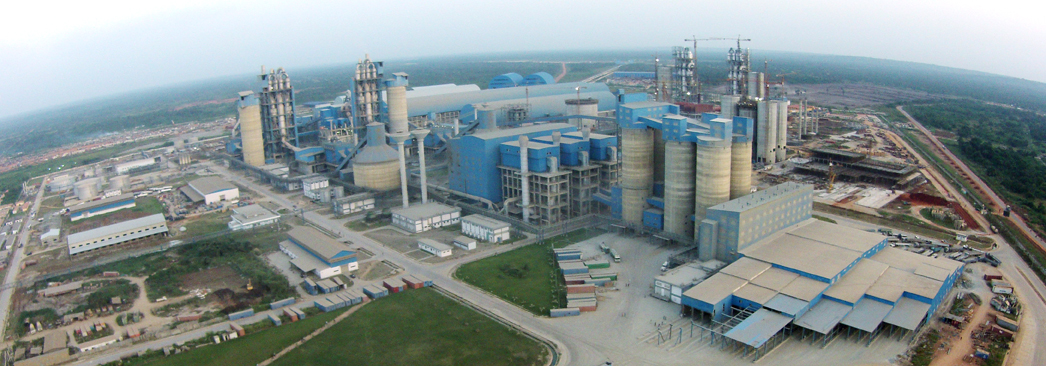- Have any questions?
- +234 703 100 0712
- theblackjewelsnetwork@gmail.com
Towards a Paradigm Shift

Towards a Paradigm Shift
By: Tony Eze
Famous American psychiatrist, Dr. Karl Menniger once said, “Attitudes are more important than facts.” Honestly, this statement is worth repeating until its truth grips you and me.
“But why make this assertion?” One may ask. This is because any fact or challenging situation facing us as individuals or a nation or as a global community, however gloomy, difficult, even seemingly hopeless, is not as important as our attitude towards that fact or situation.
In times like this, many people are so engrossed about the state of the global economy as a result of the Covid - 19 pandemic. Many people are so confused and disillusioned with the present situation and circumstances in their nations. Some people have seen this season as only hard times with no opportunities to succeed, prosper or achieve their set goals in life. This perception of negativism is premises by one single phenomenon, and that is ignorance.
Many people do not recognize the fact that a time like this is a time of ‘change’, and that it is just temporary. More importantly, every challenge or recession is a thing of the mind. No matter what people say about the present global economic and financial challenges, there has never been a better time to invest than now. For, in every adversity, there is an equivalent seed of success, and to every disadvantage, there is an advantage.
For instance, sometimes in the year 2011, Dr. Joan Clos, Executive Director of the United Nations Urban Settlement Program (UNHABITAT) laid credence to the fact that for every problem situation, there is a hidden advantage. As expounded by Dr. Clos in Abuja, he reiterated that African governments could turn their present urbanization problem into an engine room of wealth creation, if the city planners and managers put certain policy strategies in place.
During the present challenges being experienced in the developed markets or economies, Africa is now the best bet for experienced investors. “But why this assertion?” you may ask. This is because every market has its supply and demand cycles. For instance, at a time, one of the likely options opened to the American automobile manufacturers in the United States of America was to move their plants to China were by that period in question, there were over 150 million people without their cars, while nearly everyone had a car in the United States of America.
Therefore, the key for investors is the need to spot out a country or economy where demand is rising and supply is limited. This is the reason why the Chinese economy is bubbling presently. Today, China is investing more in developing economies.
The Paradigm Shift
Going by the global guide’s forecasts, there is presently a paradigm shift in the global economy. This assertion first came to the fore in the speech made by Robert B. Zoellick, former President, World Bank Group, shortly ahead of the year 2011’s annual meeting of the World Bank and International Monetary Fund (IMF). In his speech, Zoellick said: “Today, developing countries are the engine driving the global economy. In the 1990s, developing countries accounted for a little more than 20 percent of global investment. Today they attract about 45 percent.”
“Over the past 10 years, developing countries have grown nearly four times faster than developed, and that trajectory is expected to continue. Some forecasts estimate that by 2025, six major emerging economies – Brazil, China, India, Indonesia, the Republic of Korea, and the Russian Federation – will collectively account for more than half of all global growth.”
After China, India, and Brazil, Africa has many of these emerging markets like Egypt, South Africa, and Ghana. However, Nigeria has edged others out by her population and inherent abundant human and natural resources. Therefore, prospective indigenous and foreign investors, and most especially Nigerians in Diaspora, should take advantage of this situation in these current stages and the nation’s development, to make good returns on their capital.
People had said many negative things about our nation, Nigeria. Nonetheless, this is a nation of unparalleled potentialities; a land of abundance in natural and human resources. In Nigeria, we have enormous natural wealth. Returns on investment in Nigeria remain among the highest in the world. Surely, Nigeria stands out to be the next potential economic focal point after China.
Many foreign commentators and analysts have seen the Nigeria experiment as a land of great opportunity. President Barack Obama, former president of the United States of America, once described Nigeria as the world’s next economic success story, stressing that this was one of the major reasons his government was committed to helping the country build strong democratic institutions and remove constraints to trade and investment through the African Growth and Opportunity Act. Making this declaration at the US-Nigeria Trade and Investment Forum, an event organized by the Nigerians in Diaspora Organization (NIDOA) in Washington DC, Obama who was represented by Ambassador Eunice Reddick, said that his country expanded opportunities for Nigeria to effectively access markets and diversify its economy beyond a narrow reliance on natural resources. “As we support these efforts, the Diaspora can play an important role in contributing to a strong, vibrant, and economically prosperous Nigeria” he noted.
Apart from its natural resources, Nigeria has a young and dynamic population made up of an upwardly mobile middle class. It is this middle class that currently serves the international business community as an attraction because of the huge market it represents.
